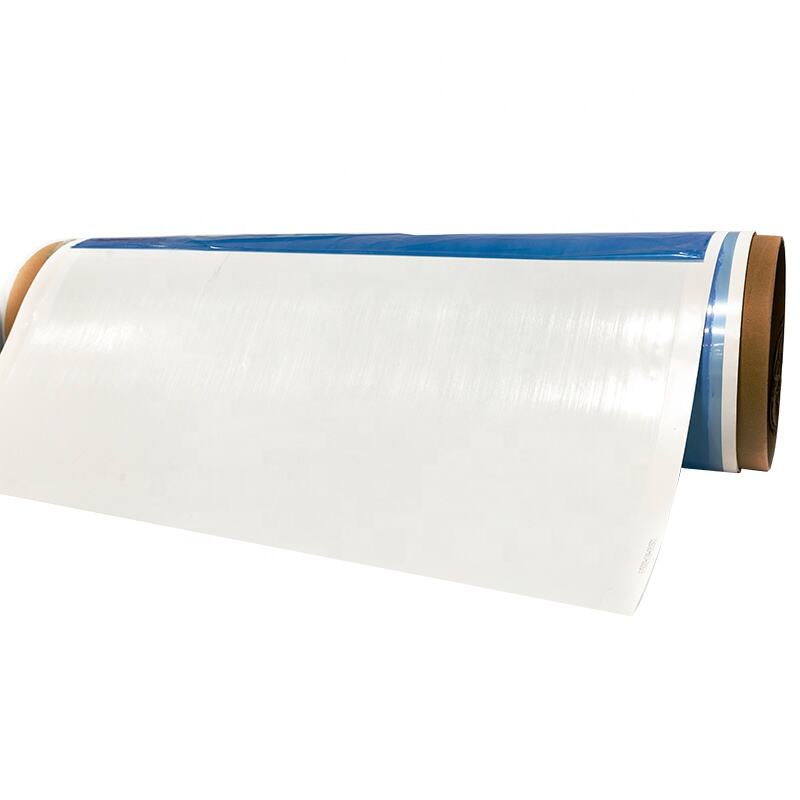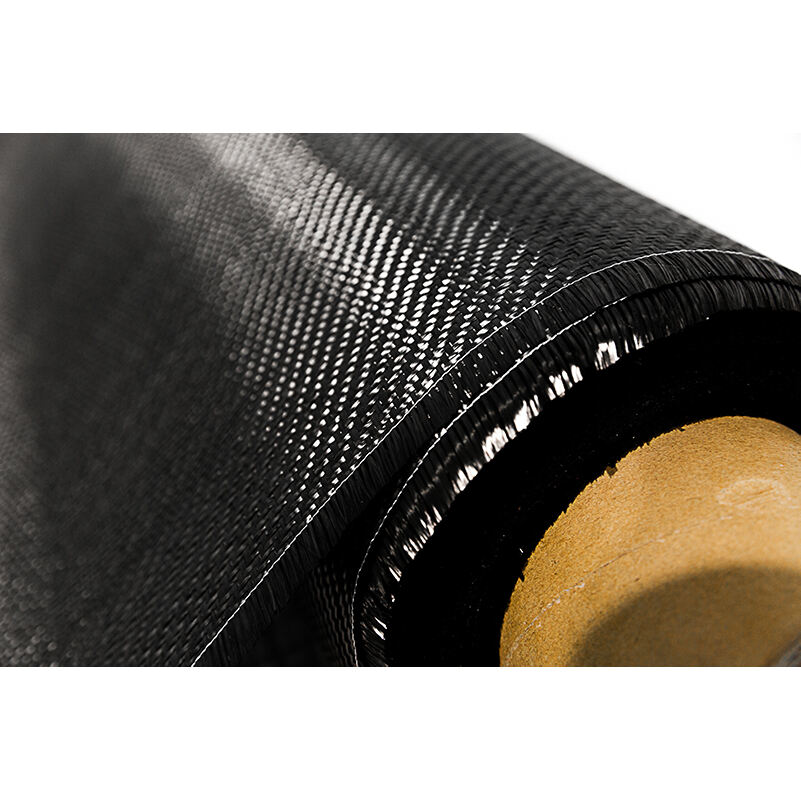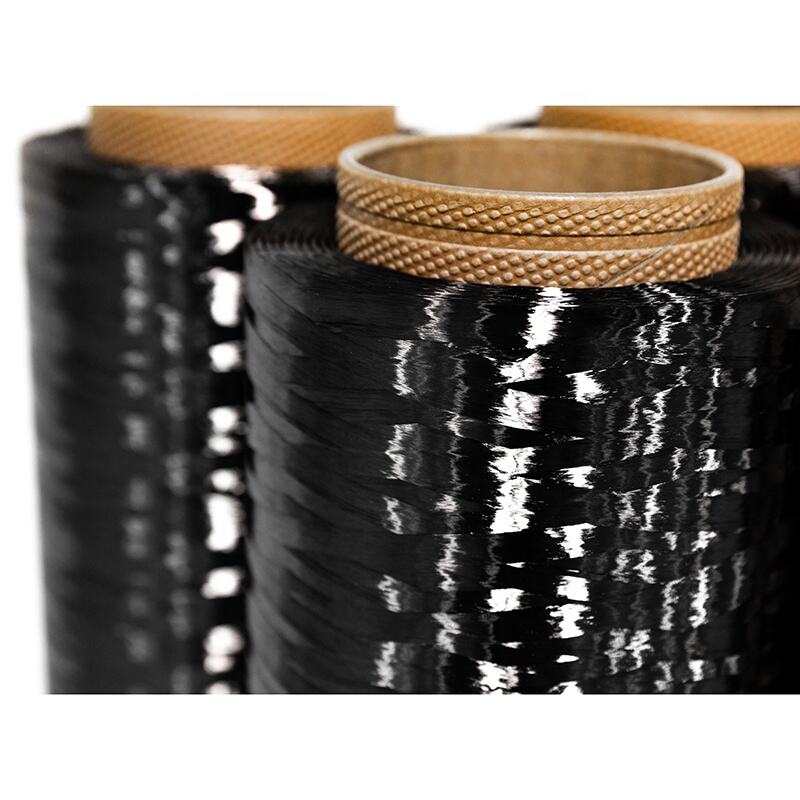carbon fiber material
Carbon fiber is a revolutionary material that has transformed various industries through its exceptional combination of strength, lightweight properties, and versatility. This advanced composite material consists of thin, strong crystalline filaments of carbon that are woven together to create a durable fabric-like material. When combined with resins and subjected to specific manufacturing processes, carbon fiber produces components that are stronger than steel yet significantly lighter. The material's high strength-to-weight ratio makes it invaluable in aerospace, automotive, and sporting goods applications. Carbon fiber's unique molecular structure allows it to withstand extreme temperatures and resist chemical corrosion, while its thermal conductivity properties make it ideal for heat management applications. The material's adaptability enables manufacturers to create complex shapes and designs that would be impossible with traditional materials. In modern industries, carbon fiber has become synonymous with high-performance engineering, finding applications in everything from aircraft components and race car bodies to consumer electronics and medical devices. Its continuous development and refinement have led to improved manufacturing techniques, making it increasingly accessible for various commercial applications while maintaining its status as a premium material choice for demanding technical requirements.


